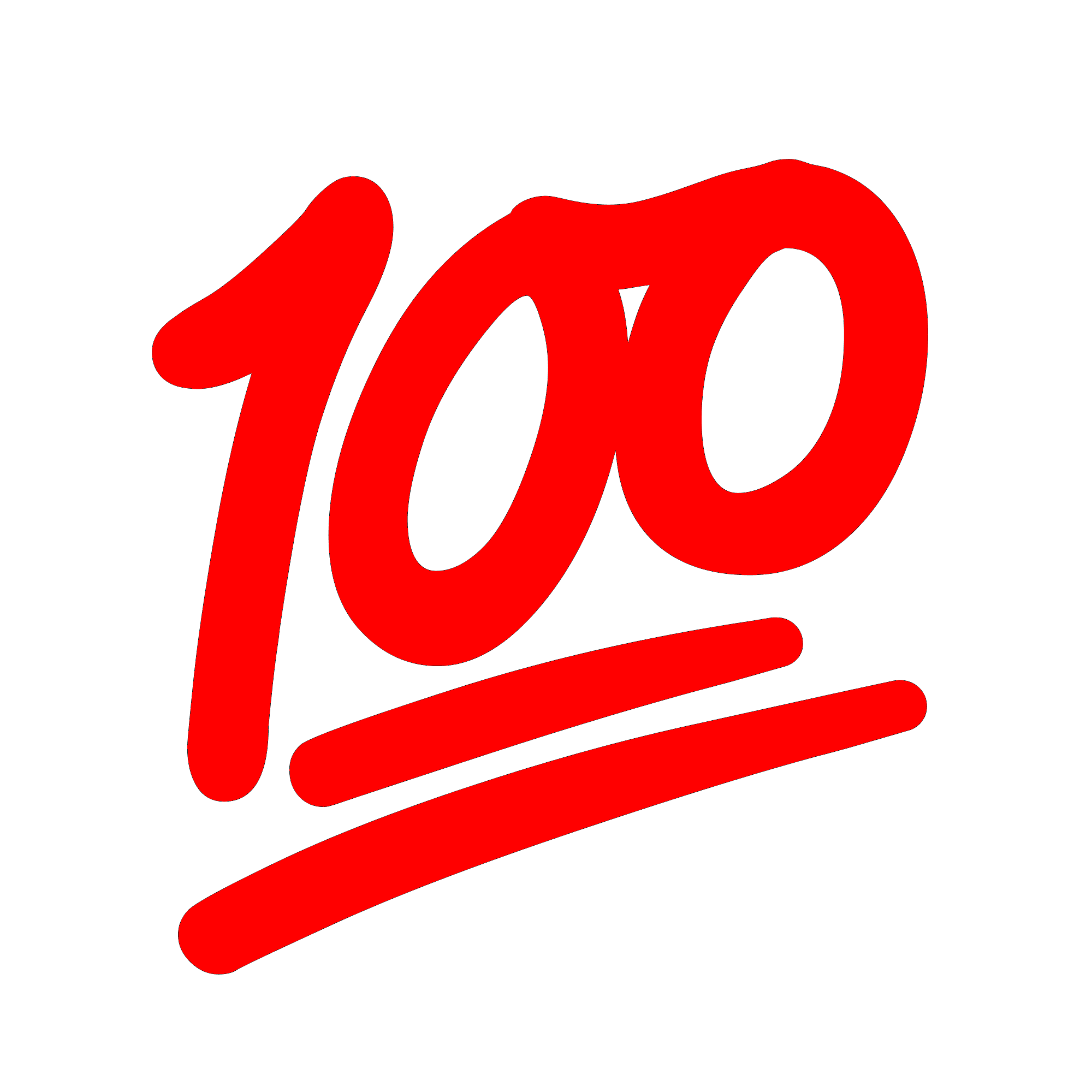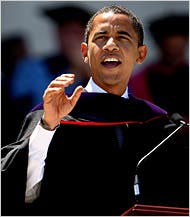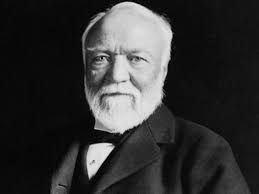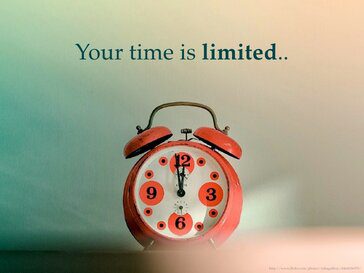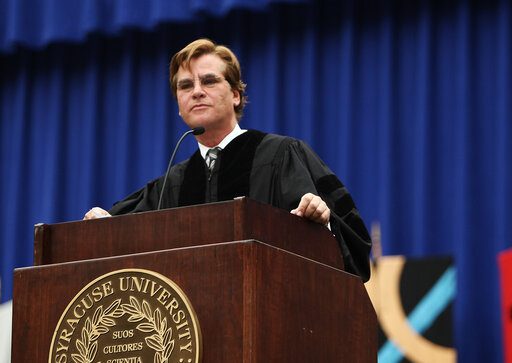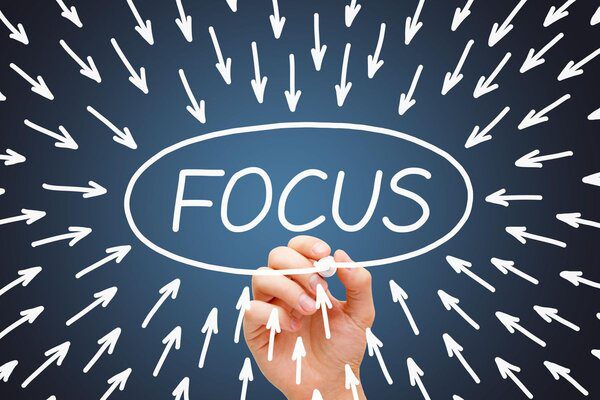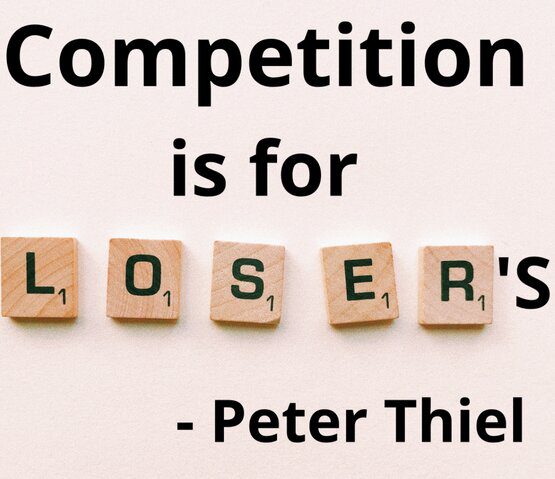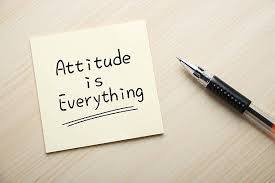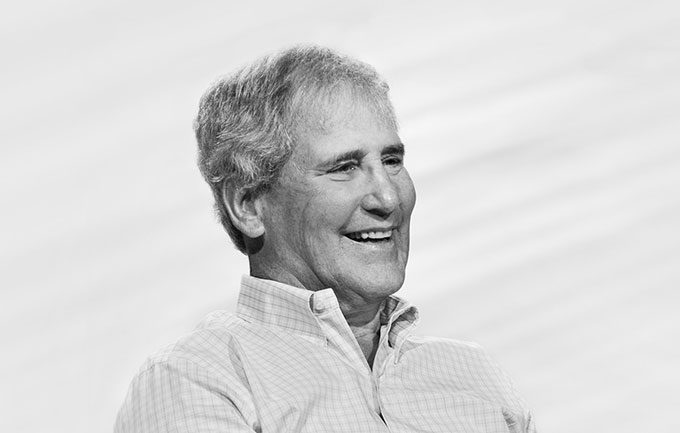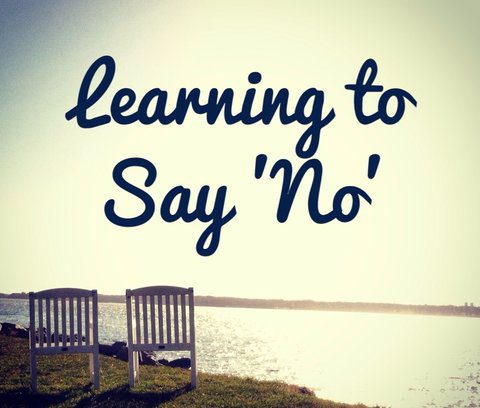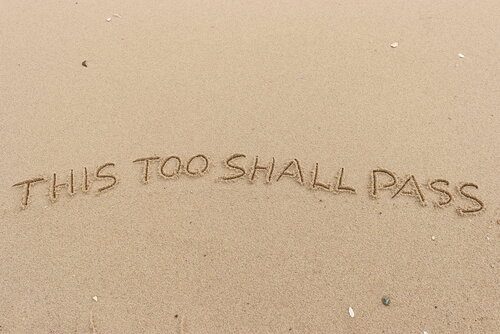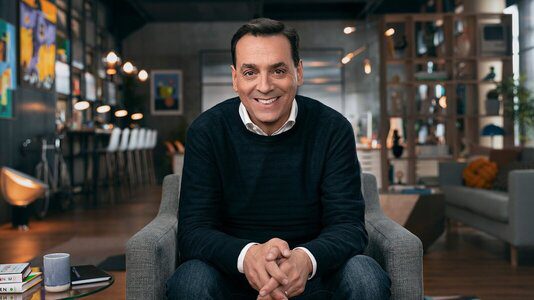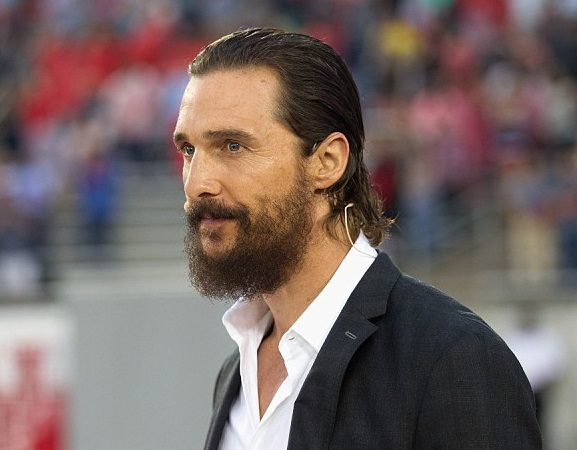Goal: Read 100 Books by December 31st 2021.
100 Books Reading Challenge 2020
January – 8
- Goals!: How to Get Everything You Want — Faster Than You Ever Thought by Brian Tracy
- Lead the Field by Earl Nightingale
- The Reluctant Entrepreneur: Turning Dreams into Profits by Michael Masterson
- The Motivation Manifesto: 9 Declarations to Claim Your Personal Power by Brendon Burchard
- The Science of Fear: How the Culture of Fear Manipulates Your Brain by Daniel Gardner.
- Today Matters: 12 Daily Practices to Guarantee Tomorrow’s Success by John C. Maxwell.
- Entrepreneur Revolution: How to Develop Your Entrepreneurial Mindset and Start a Business that Works by Daniel Priestley
- Excellent Sheep: The Miseducation of the American Elite and the Way to a Meaningful Life by William Deresiewicz
February -10
- Call Me Ted by Ted Turner
- Behind the Cloud: The Untold Story of How Salesforce.com Went from Idea to Billion-Dollar Company-and Revolutionized an Industry by Marc Benioff.
- You’re Not Listening: What You’re Missing and Why It Matters by Kate Murphy.
- There Is No Good Card for This: What To Say and Do When Life Is Scary, Awful, and Unfair to People You Love by Dr. Kelsey Crowe and Emily McDowell.
- Defining Decade: Why Your Twenties Matter And How To Make The Most Of Them Now by Dr. Meg Jay.
- It’s OK That You’re Not OK: Meeting Grief and Loss in a Culture That Doesn’t Understand by Megan Devine.
- How To Write Non-Fiction: Turn Your Knowledge Into Words by Joanna Penn.
- The Psychology of Money: Timeless lessons on wealth, greed, and happiness by Morgan Housel.
- How to Win Friends and Influence People by Dale Carnegie
- What You Do Is Who You Are: How to Create Your Business Culture by Ben Horowitz
March – 11
- Get Your Sh*t Together: How to Stop Worrying About What You Should Do So You Can Finish What You Need to Do and Start Doing What You Want to Do by Sarah Knight.
- The Culture Code: The Secrets of Highly Successful Groups by Daniel Coyle.
- Tiny Habits: The Small Changes That Change Everything by BJ Fogg Ph.D
- 20,000 Days and Counting: The Crash Course for Mastering Your Life Right Now by Robert D. Smith.
- How to Stop Worrying and Start Living by Dale Carnegie.
- Bloomberg by Bloomberg.
- The Lessons of History by Will and Ariel Durant
- Driving Digital Strategy: A Guide to Reimagining Your Business by Sunil Gupta
- What It Takes: Lessons in the Pursuit of Excellence by Stephen A. Schwarzman
- The Rise of the Robots – Technology and the Threat of a Jobless Future by Martin Ford
- The Digital Transformation Playbook: Rethink Your Business for the Digital Age by David L. Rogers.
April – 11
- Finish What You Start: The Art of Following Through, Taking Action, Executing, & Self-Discipline by Peter Hollins.
- Real Estate Titans: 7 Key Lessons from the World’s Top Real Estate Investors by Erez Cohen.
- Enough: True Measures of Money, Business, and Life by John C. Bogle.
- Leading Digital: Turning Technology into Business Transformation by George Westerman et al.
- Blink: The Power of Thinking Without Thinking, by Malcolm Gladwell.
- The Now Habit: A Strategic Program for Overcoming Procrastination and Enjoying Guilt-Free Play by Neil Fiore.
- Why Digital Transformations Fail: The Surprising Disciplines of How to Take Off and Stay Ahead by Tony Saldanha
- Working Backwards: Insights, Stories, and Secrets from Inside Amazon by Colin Bryar and Bill Carr.
- Tuesdays with Morrie: An Old Man, a Young Man, and Life’s Greatest Lesson by Mitch Albom.
- Competing in the Age of AI by Marco Iansiti and Karim R. Lakhani.
- The Age of Surveillance Capitalism by Shoshana Zuboff.
May – 14
- Leaving the Tarmac: Buying a Bank in Africa by Aigboje Aig-Imoukhuede.
- Think Like a Monk: Train Your Mind for Peace and Purpose Every Day by Jay Shetty.
- How a Nigerian Entrepreneur from Humble Beginnings Grew a Business to $16 Billion by Jim Ovia.
- How to Do Nothing: Resisting the Attention Economy by Jenny Odell.
- No Limits: Blow the CAP Off Your Capacity by John C. Maxwell.
- Emotional Blackmail: When the People in Your Life Use Fear, Obligation, and Guilt to Manipulate You by Susan Forward.
- The Age of Cryptocurrency: How Bitcoin and the Blockchain Are Challenging the Global Economic Order by Paul Vigna and Michael J. Casey
- The One Sentence Persuasion Course by Blair Warren
- The Joy of Missing Out by Tanya Dalton.
- The Big Nine: How the Tech Titans and Their Thinking Machines Could Warp Humanity by Amy Webb
- Digital Gold: Bitcoin and the Inside Story of the Misfits and Millionaires Trying to Reinvent Money by Nathaniel Popper.
- The Four: The Hidden DNA of Amazon, Apple, Facebook, and Google by Scott Galloway.
- The New Case for Gold by James Rickards
- Gaslighting: Recognize Manipulative and Emotionally Abusive People by Stephanie Moulton Sarkis Ph.D.
June – 12
- Codependent No More by Melody Beattie
- Weapons of Math Destruction by Cathy O’Neil
- Stop Caretaking the Borderline or Narcissist by Margalis Fjelstad.
- Stop Walking on Eggshells by Paul T. T. Mason MS and Randi Kreger.
- New Power: How Power Works in Our Hyperconnected World–and How to Make It Work for You by Henry Timms and Jeremy Heimans
- Little Things That Can Change Your Life…And Maybe the World by Admiral William H. McRaven.
- Give People Money: How a Universal Basic Income Would End Poverty, Revolutionize Work, and Remake the World by Annie Lowrey.
- No Visible Bruises: What We Don’t Know About Domestic Violence Can Kill Us by Rachel Louise Snyder.
- Too Soon Old, Too Late Smart: Thirty True Things You Need to Know Now by Dr. Gordon Livingston
- Thinking in Bets by Annie Duke
- Effortless: Make It Easier to Do What Matters Most by Greg McKeown.
- 5 Types of People Who Can Ruin Your Life by Bill Eddy.
July – 13
- Caste: The Origins of Our Discontents by Isabel Wilkerson.
- The Six Pillars of Self-Esteem by Nathaniel Branden.
- Plutocrats: The Rise of the New Global Super-Rich and the Fall of Everyone Else by Chrystia Freeland.
- Selfie: How We Became So Self-Obsessed and What It’s Doing to Us by Will Storr.
- $ 2.00 a Day: Living on Almost Nothing in America by Kathryn J. Edin & H. Luke Shaefer.
- In Sheep’s Clothing: Understanding and Dealing with Manipulative People by Dr. George K. Simon Ph.D
- The Narcissism Epidemic: Living in the Age of Entitlement by Jean M. Twenge Ph.D. & W. Keith Campbell Ph.D.
- Kintsugi: Finding Strength in Imperfection by Céline Santini
- The Practice: Shipping Creative Work by Seth Godin.
- The Sociopath Next Door by Martha Stout Ph.D.
- Love for Imperfect Things: How to Accept Yourself in a World Striving for Perfection by Haemin Sunim
- The More of Less: Finding the Life You Want Under Everything You Own by Joshua Becker.
- Outsmarting the Sociopath Next Door: How to Protect Yourself Against a Ruthless Manipulator by Martha Stout Ph.D.
August – 11
- Psychopath Free: Recovering from Emotionally Abusive Relationships With Narcissists, Sociopaths, and Other Toxic People by Jackson MacKenzie.
- Kaizen: The Japanese Secret to Lasting Change―Small Steps to Big Goals by Sarah Harvey.
- Zero to One: Notes on Startups, or How to Build the Future by Peter Thiel.
- The Big Leap: Conquer Your Hidden Fear and Take Life to the Next Level by Gay Hendricks
- The Narcissist Next Door: Understanding the Monster in Your Family, in Your Office, in Your Bed-in Your World by Jeffrey Kluger.
- Gaslighting: How to Avoid a Narcissist’s Mind Control and Heal from Narcissistic Abuse by Patrick K. Simon.
- The Third Door: The Wild Quest to Uncover How the World’s Most Successful People Launched Their Careers by Alex Banayan.
- Building a StoryBrand: Clarify Your Message So Customers Will Listen by Donald Miller.
- Set Boundaries, Find Peace: A guide to reclaiming yourself by Nedra Tawwab.
- Whole Again: Healing Your Heart and Rediscovering Your True Self After Toxic Relationships and Emotional Abuse by Jackson MacKenzie
- The 15 Invaluable Laws of Growth: Live Them and Reach Your Potential by John C. Maxwell.
September – 13
- Out of the Fog: Moving From Confusion to Clarity After Narcissistic Abuse by Dana Morningstar.
- How to Do the Work: Recognize Your Patterns, Heal from Your Past, and Create Your Self by Dr. Nicole LePer.
- Healing from hidden abuse: A Journey Through the Stages of Recovery from Psychological Abuse by Shannon Thomas.
- The Highly Sensitive Person’s Guide to Dealing with Toxic People by Shahida Arabi.
- Ultralearning: Master Hard Skills, Outsmart the Competition, and Accelerate Your Career by Scott Young
- Boundaries: Where You End and I Begin by Anne Katherine.
- It Didn’t Start with You: How Inherited Family Trauma Shapes Who We Are and How to End the Cycle by Mark Wolynn
- The Courage to be Happy: True Contentment Is In Your Power by Ichiro Kishimi.
- Necessary Endings: The Employees, Businesses, and Relationships That All of Us Have to Give Up in Order to Move Forward by Henry Cloud
October
- The Lean Startup: How Today’s Entrepreneurs Use Continuous Innovation to Create Radically Successful Businesses by Eric Ries
- Burnout: The Secret to Unlocking the Stress Cycle by Emily Nagoski Ph.D. & Amelia Nagoski DMA.
- Indistractable: How to Control Your Attention and Choose Your Life by Nir Eyal.
- The Gaslight Effect: How to Spot and Survive the Hidden Manipulation Others Use to Control Your Life by Dr. Robin Stern.
- Leading an Inspired Life by Jim Rohn.
- Fear of Missing Out: Practical Decision-Making in a World of Overwhelming Choice by Patrick J. McGinnis
- Art & Fear: Observations on the Perils (and Rewards) of Artmaking by David Bayles & Ted Orland
- Better Decisions, Fewer Regrets by Andy Stanley.
- You’re Not Crazy- You’re Codependent by Jeanette Elisabeth Menter.
- The Power of Diverse Thinking by Matthew Syed.
- The New Codependency by Melody Beattie.
November
- The 21 Indispensable Qualities of a Leader by John C. Maxwell.
- You Are Awesome by Neil Pasricha.
- The Paradox of Choice by Barry Schwartz
- The 21 Irrefutable Laws of Leadership by John C. Maxwell
- When Things Fall Apart by Pema Chodron.
- Leadership Gold by John C. Maxwell.
- Never Go Back: 10 Things You’ll Never Do Again by Dr. Henry Cloud
- Making Ideas Happen by Scott Belsky.
- The Messy Middle by Scott Belsky.
- You Can Heal Your Life by Louise L. Hay.
- The Art of Possibility by Rosamund Stone Zander.
- You Can’t Send a Duck to Eagle School by Mac Anderson.
- Self-Compassion by Dr. Kristin Neff.
December
- The Hard Thing About Hard Things by Ben Horowitz.
- Too Much Information by Cass R. Sunstein.
- Rethinking Narcissism by Craig Malkin.
- Why We Swim by Bonnie Tsui.
- Disarming the Narcissist by Wendy T. Behary MSW LCSW
- How a Shark, a Suckerfish, and a Parasite Teach You Leadership, Mentoring, and Next Level Success by Walter Bond.
- Masters of Scale by Reid Hoffman.
- Steal Like an Artist by Austin Kleon.
- Free: The Future of a Radical Price by Chris Anderson.
- Show Your Work! by Austin Kleon
